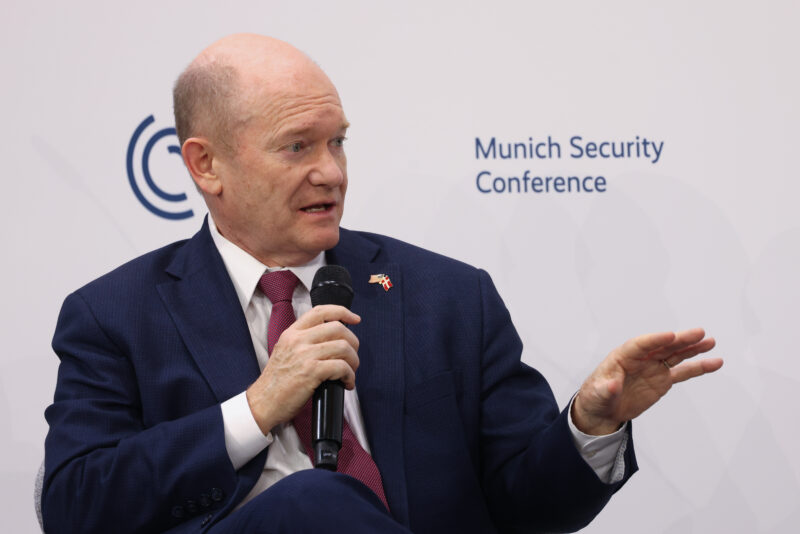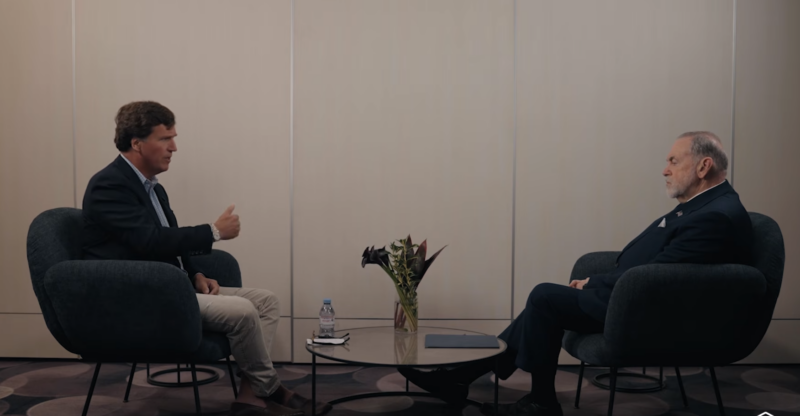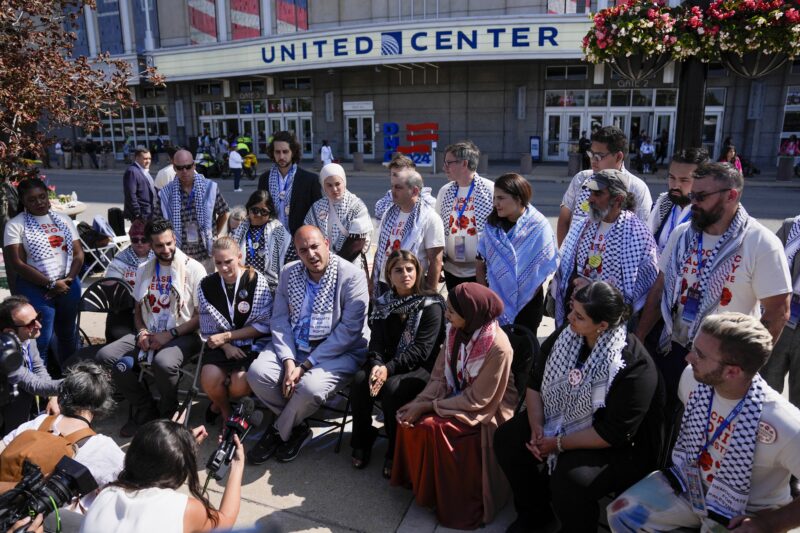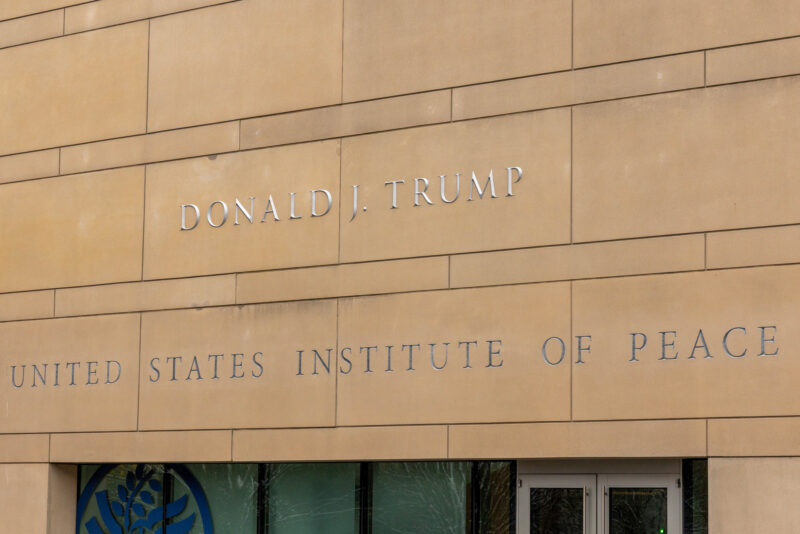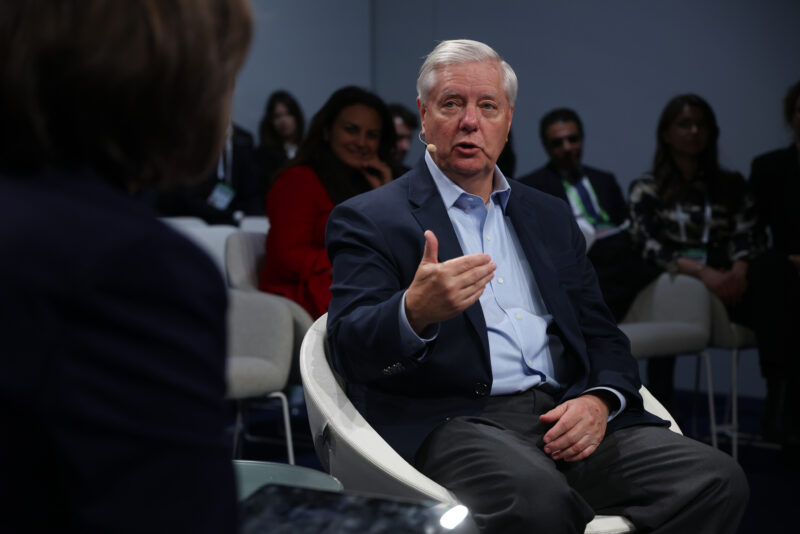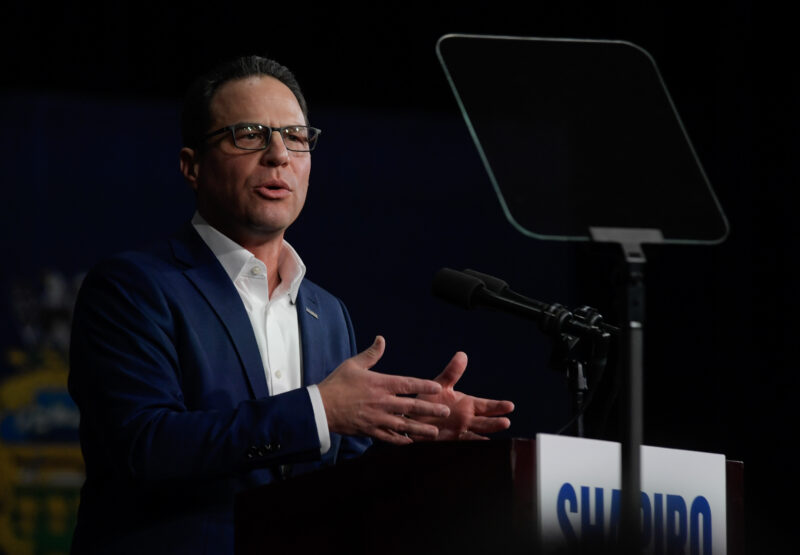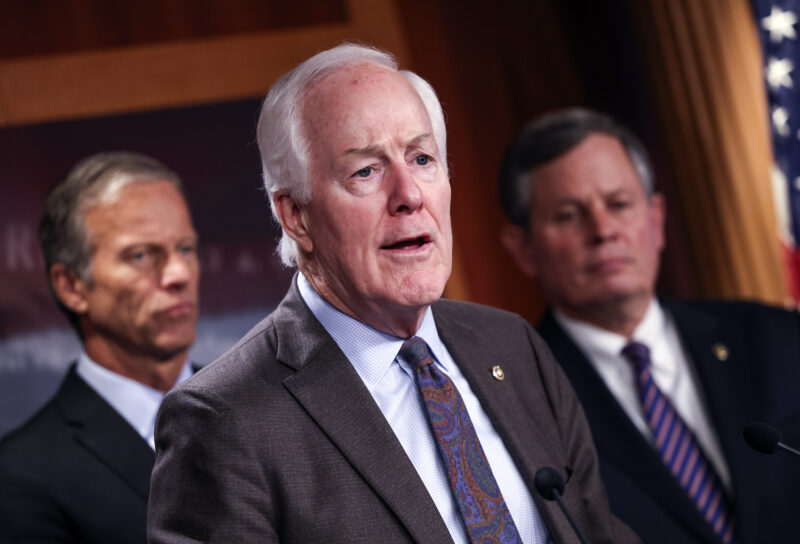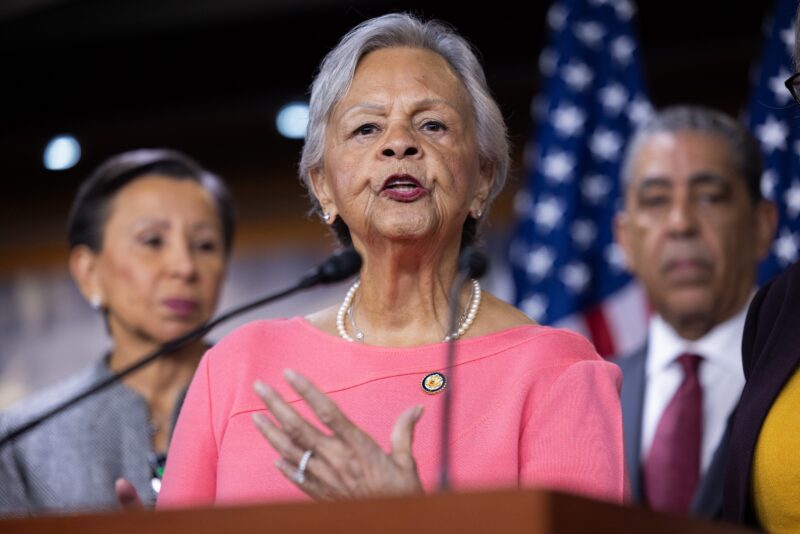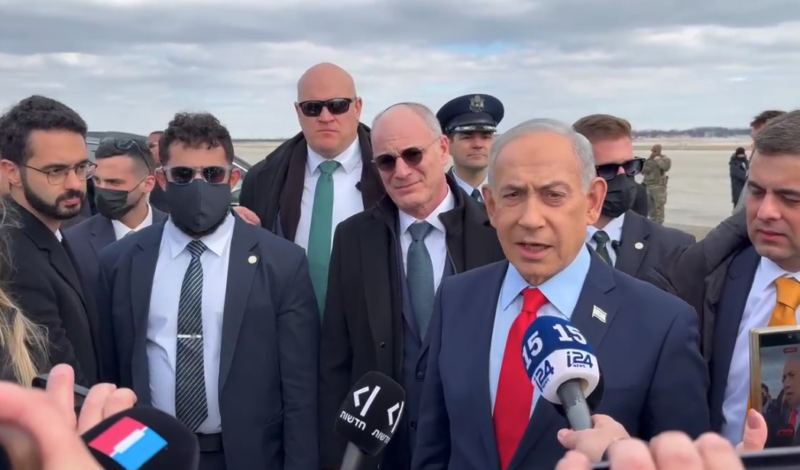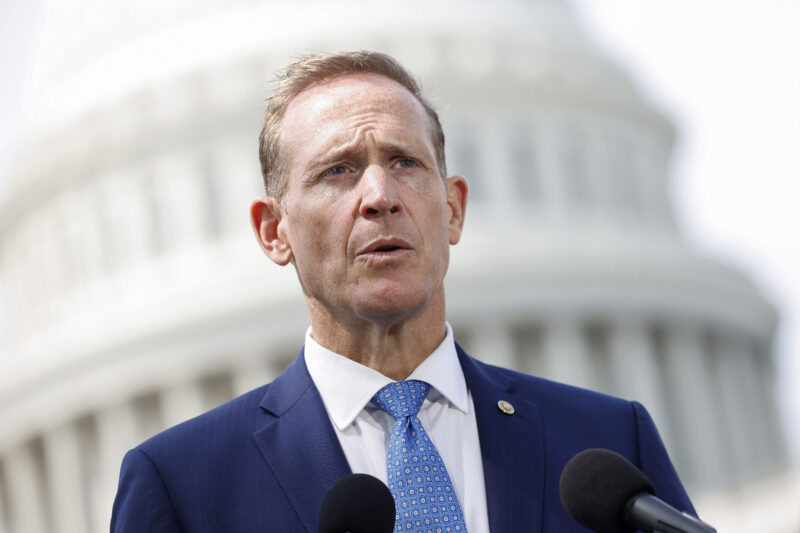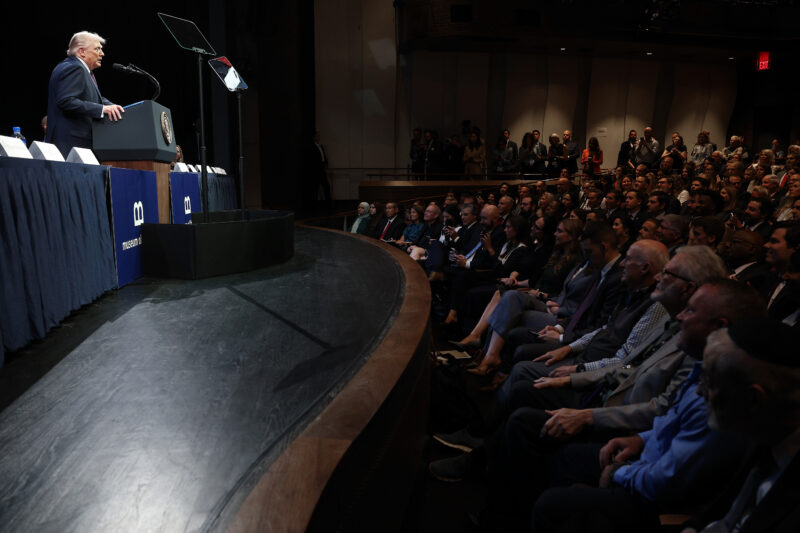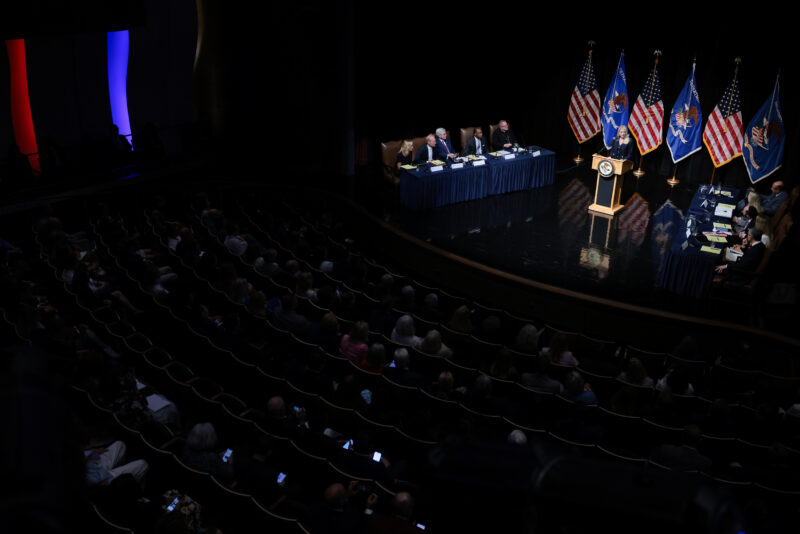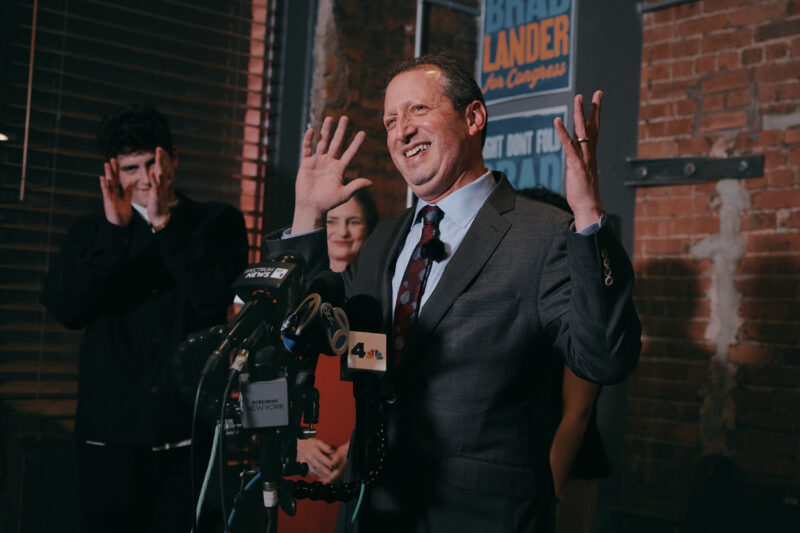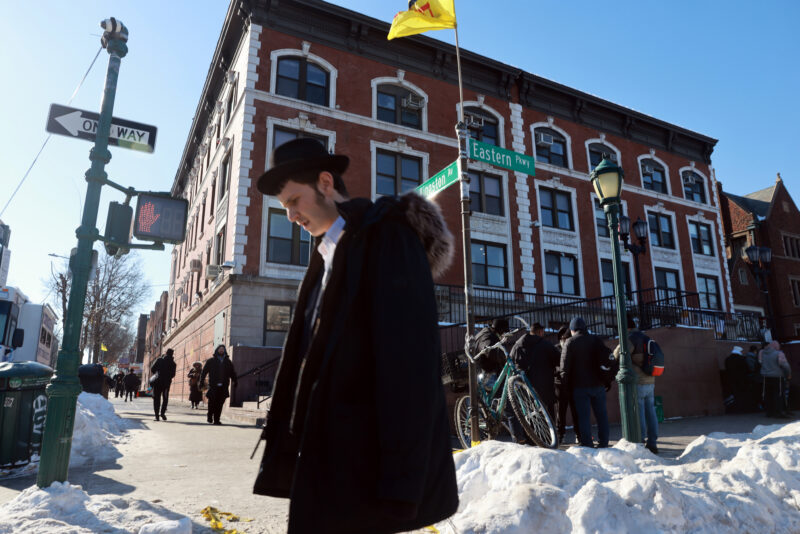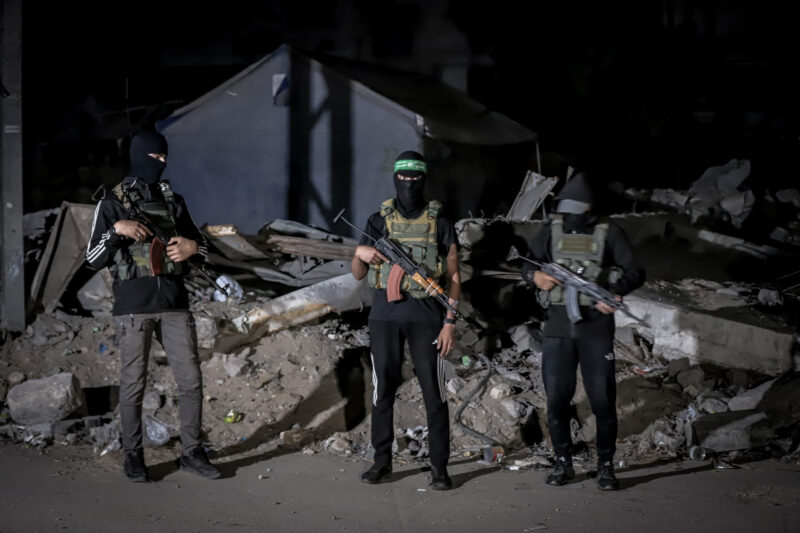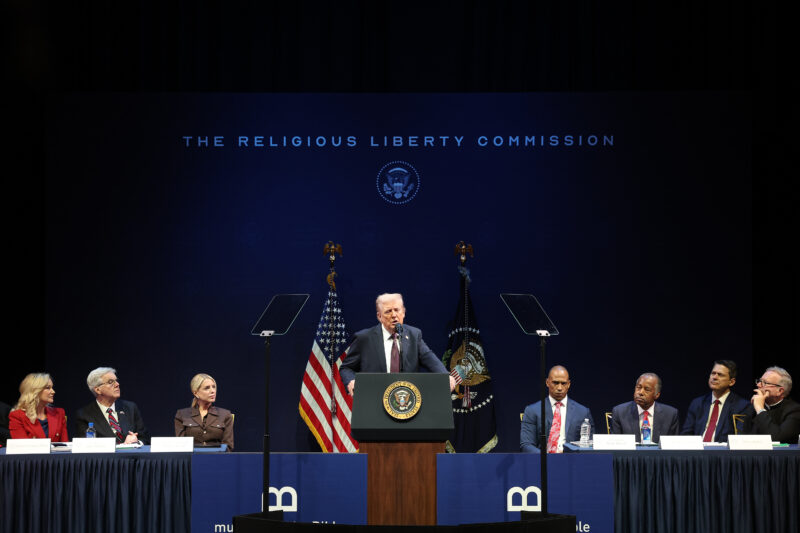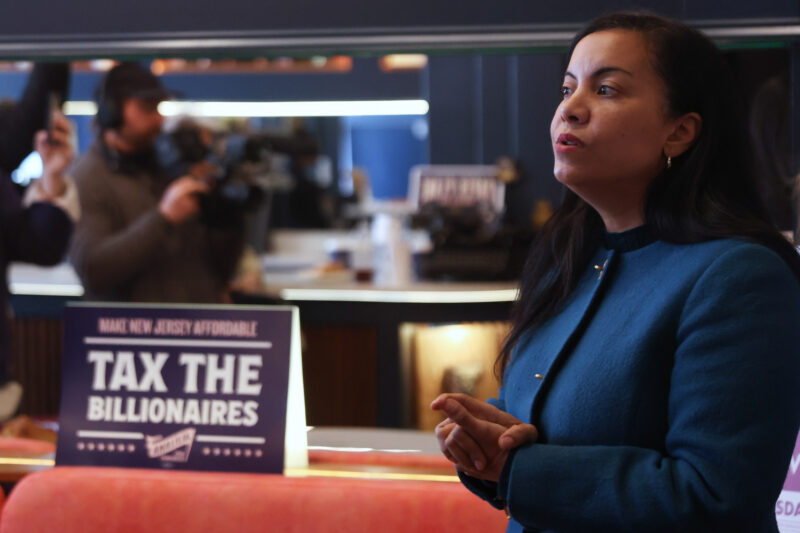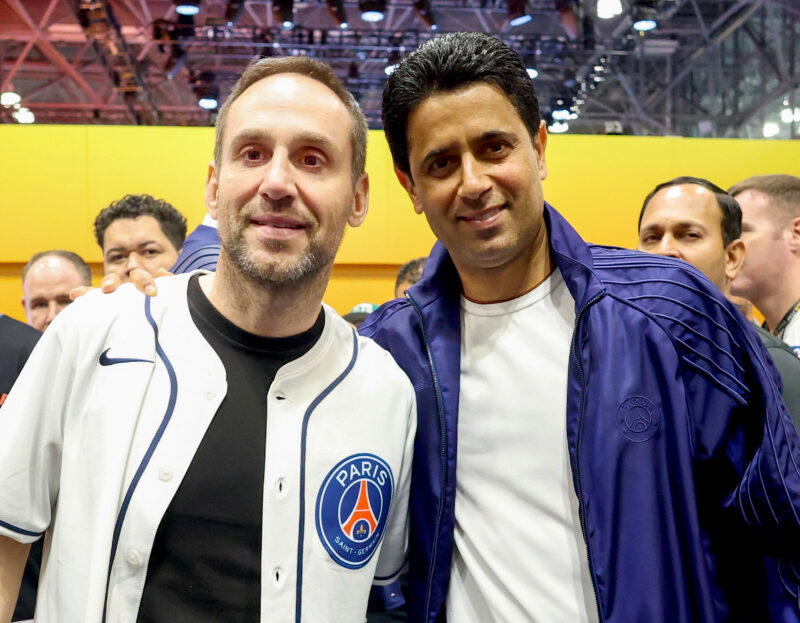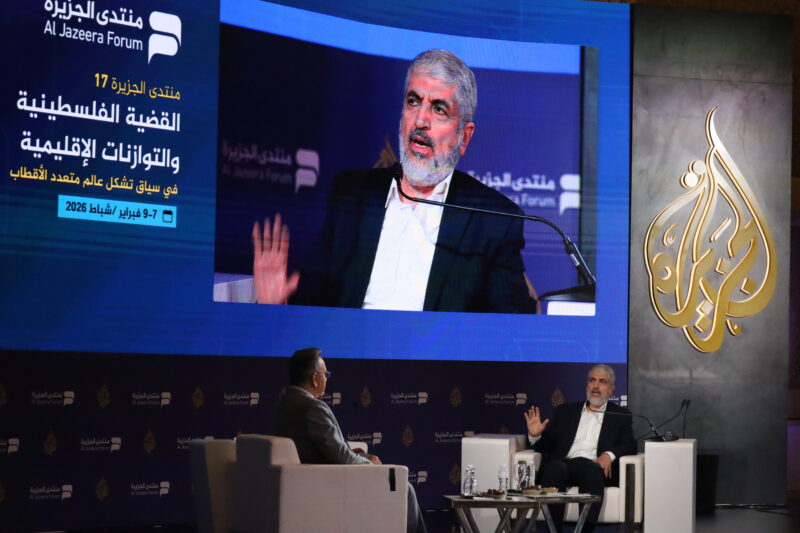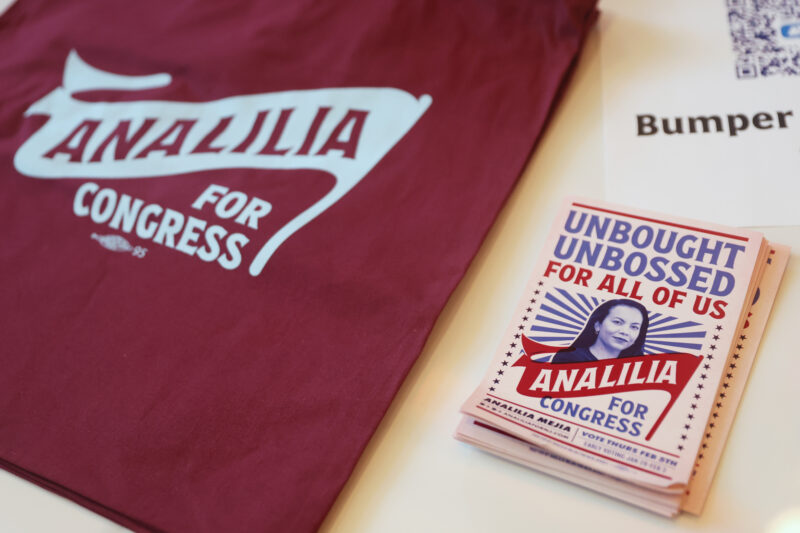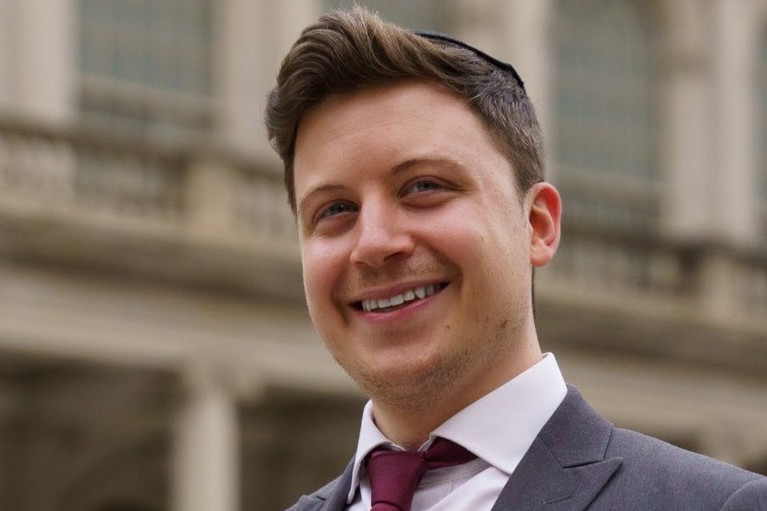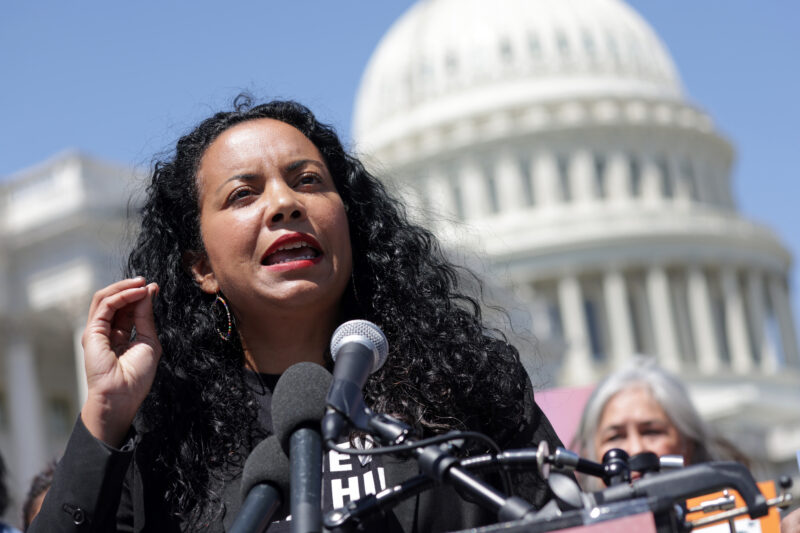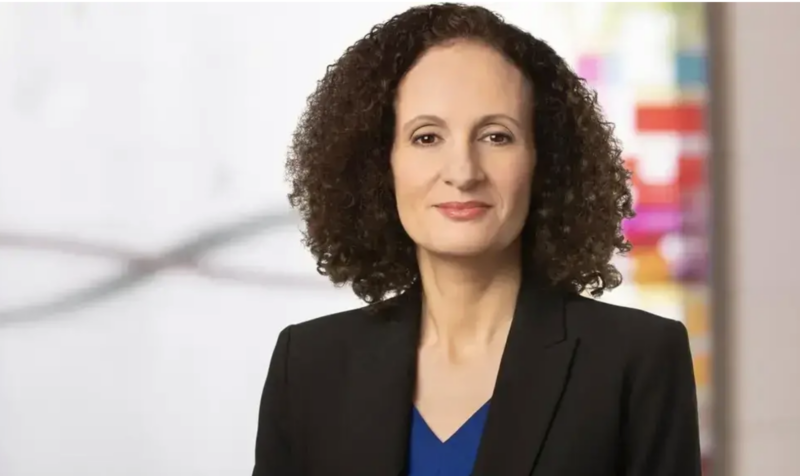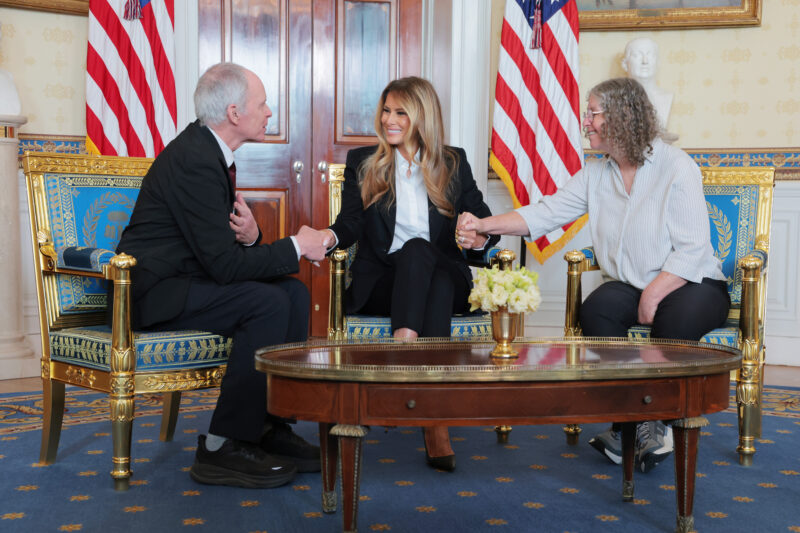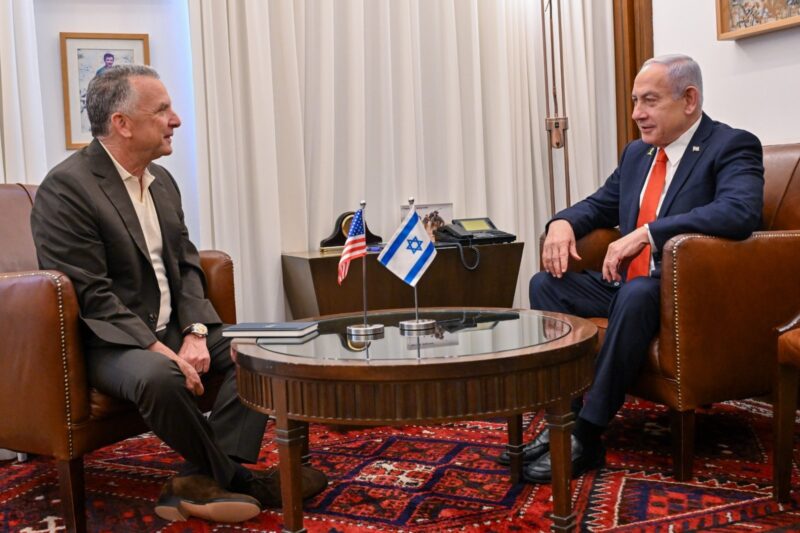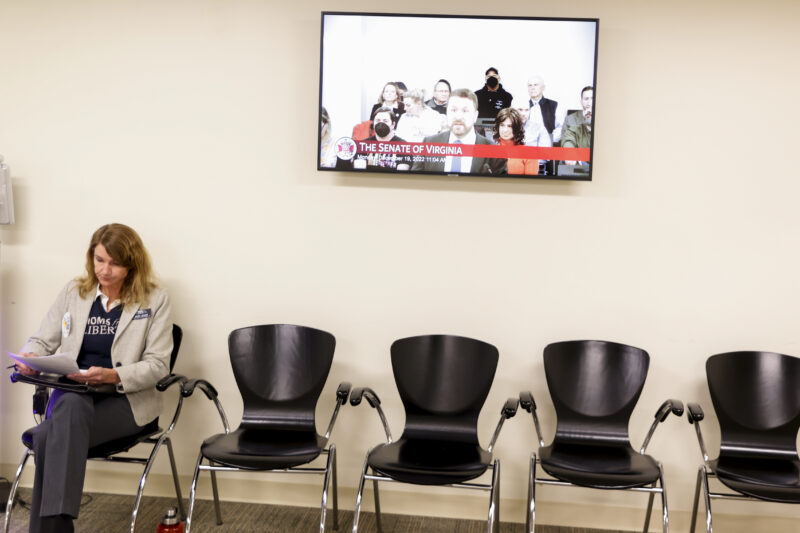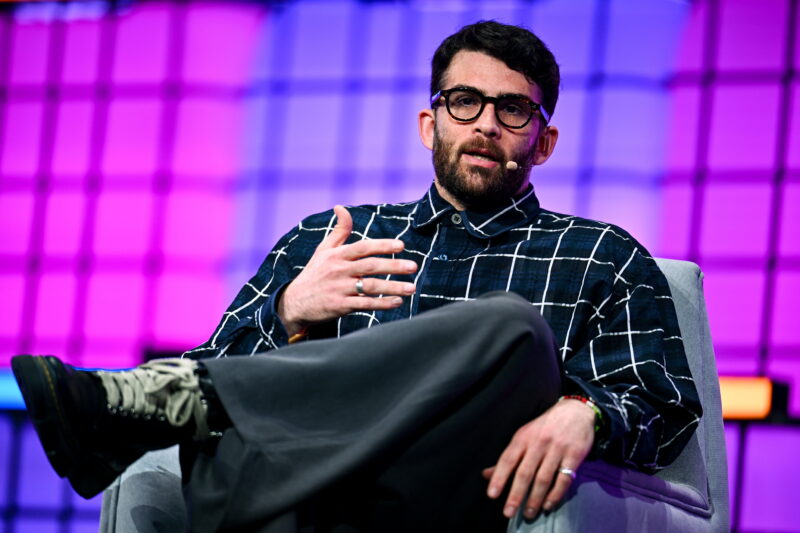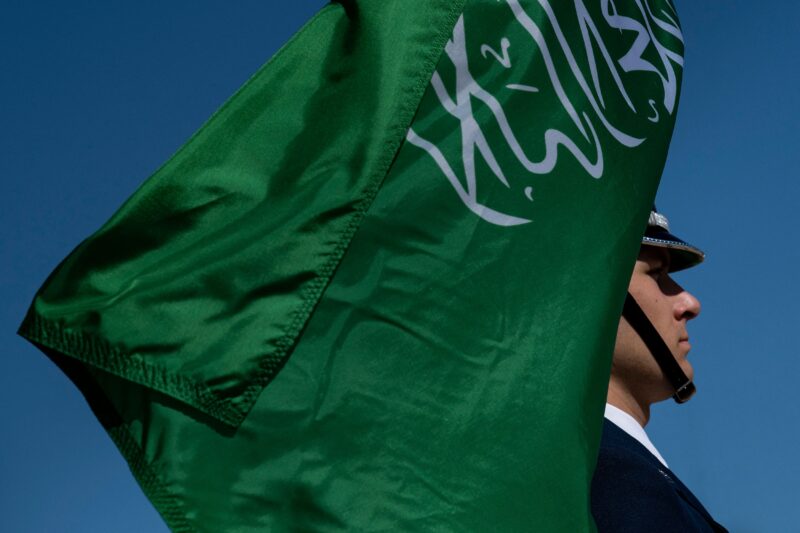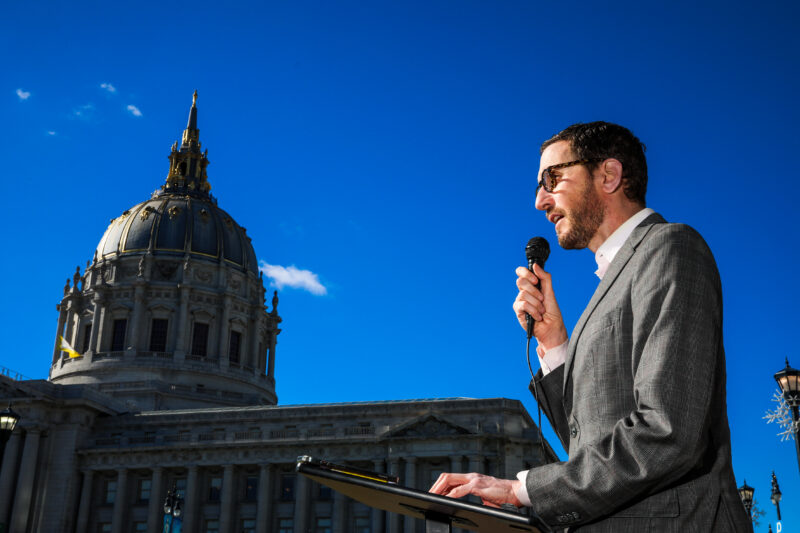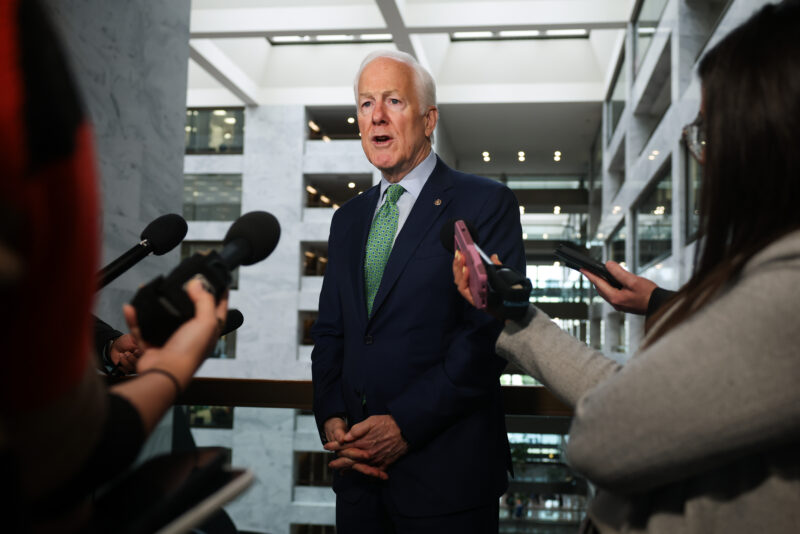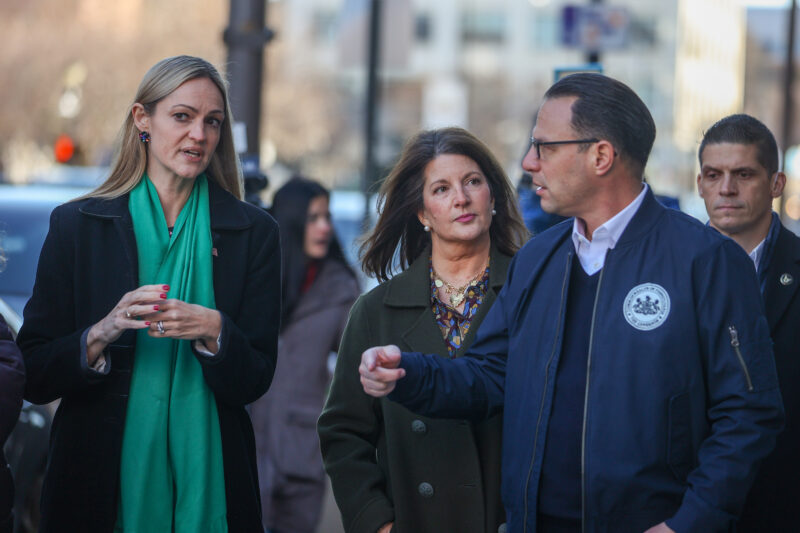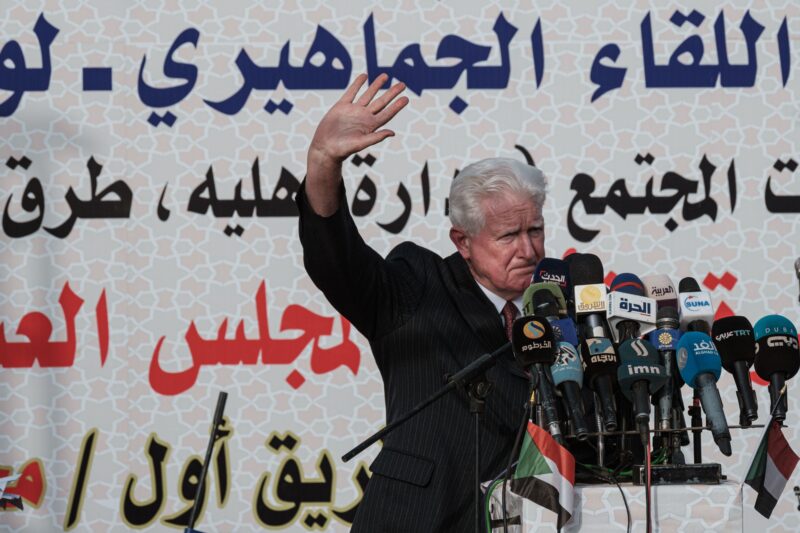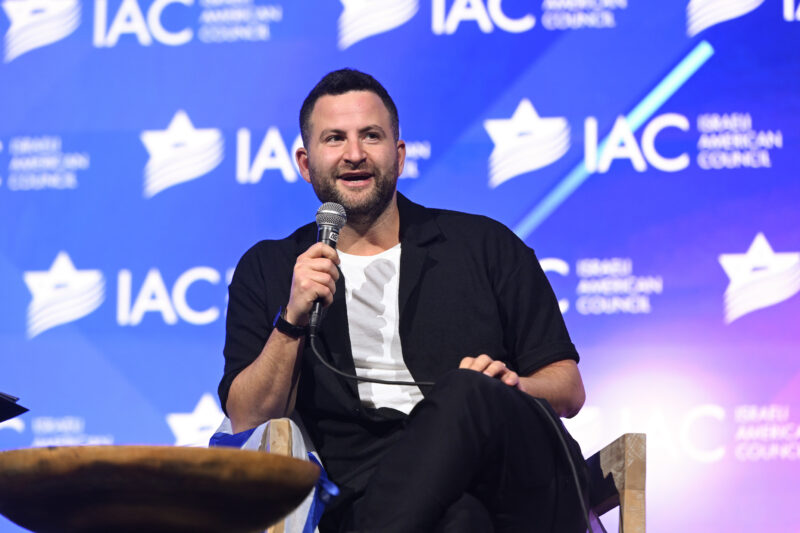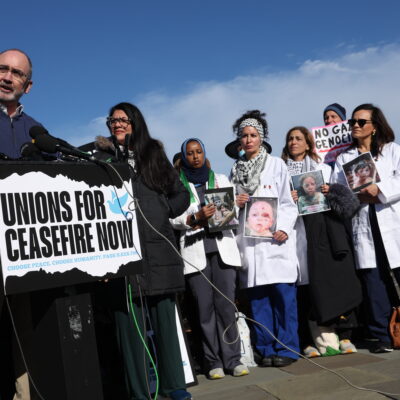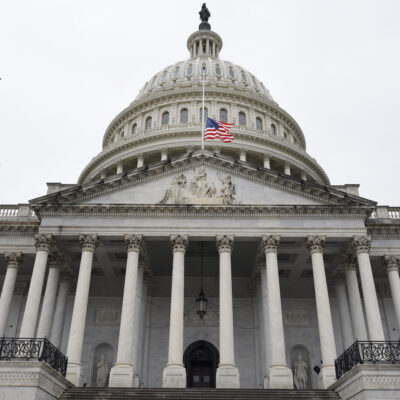Columbia Journalism Review editor fired after drawing line between journalism and activism
Sewell Chan said he was let go after several interactions with staff, including confronting one reporter ‘passionately devoted’ to anti-Israel campus protests

Michael M. Santiago/Getty Images
A Columbia Journalism student journalist shows off their sign as they cover the events at Hamilton Hall at Columbia University on April 30, 2024 in New York City.
After being let go from his post as executive editor of the Columbia Journalism Review last week, Sewell Chan pinned the firing — which he called “hasty” and “ill-considered” — in part on a recent interaction he had with a staff member “passionately devoted” to activism in support of Gaza on Columbia’s campus.
In a statement, Chan wrote that he was informed last Monday of complaints from staff regarding three separate interactions in the past weeks during which he gave what he described as “fair and critical feedback rooted in editorial rigor.” Among those communications, according to Chan, included a talk with a fellow who was “passionately devoted to the cause of the Gaza protests at Columbia.” The student journalist had written an article about the “recent detention of a Palestinian graduate student” for a publication that he had previously covered for CJR. Chan did not disclose the name of the student or the publication.
“I told him there was a significant ethical problem with writing for an outlet he had just covered,” Chan wrote, adding that the other two interactions involved letting go a staff member who “declined” to come into the office and write at least one story a week, despite the journalism school’s attendance policy; as well as a second conversation with an editor working on a “sensitive” investigation about sexual harassment.
“This was the first time in a 25-year career that I’ve ever been subjected to discipline in a job — much less terminated from one,” Chan wrote. “I have immense respect for Jelani Cobb as a journalist and educator, but the decision to let me go was hasty, ill-considered and quite frankly baffling,” he said, referring to the dean of Columbia’s journalism school and publisher of CJR. Cobb did not respond to a request for comment from Jewish Insider and Chan declined to comment.
CJR was founded in 1961 “to assess the performance of journalism in all its forms, to call attention to its shortcomings and strengths, and to help define—or redefine—standards of honest, responsible service,” according to its mission statement.
Chan, a seasoned journalist who previously served as editor-in-chief of the Texas Tribune, was selected for the prestigious role at CJR in June following a lengthy search process. He began his tenure in September — as a fresh wave of anti-Israel demonstrations kicked off a new school year on Columbia’s campus.
In an interview with the student newspaper, The Columbia Spectator, upon assuming the position, he praised the undergraduate student reporting of last spring’s anti-Israel encampment movement and reporting on the occupation of Hamilton Hall.
“I was really, really impressed by the quality of the student journalism, both the radio station and the Spectator, during the Columbia protests,” he said. “I think a lot of that work from them was courageous and happened under very difficult circumstances—and on a story that is about as polarizing and difficult to cover as we could imagine.”
Please log in if you already have a subscription, or subscribe to access the latest updates.




